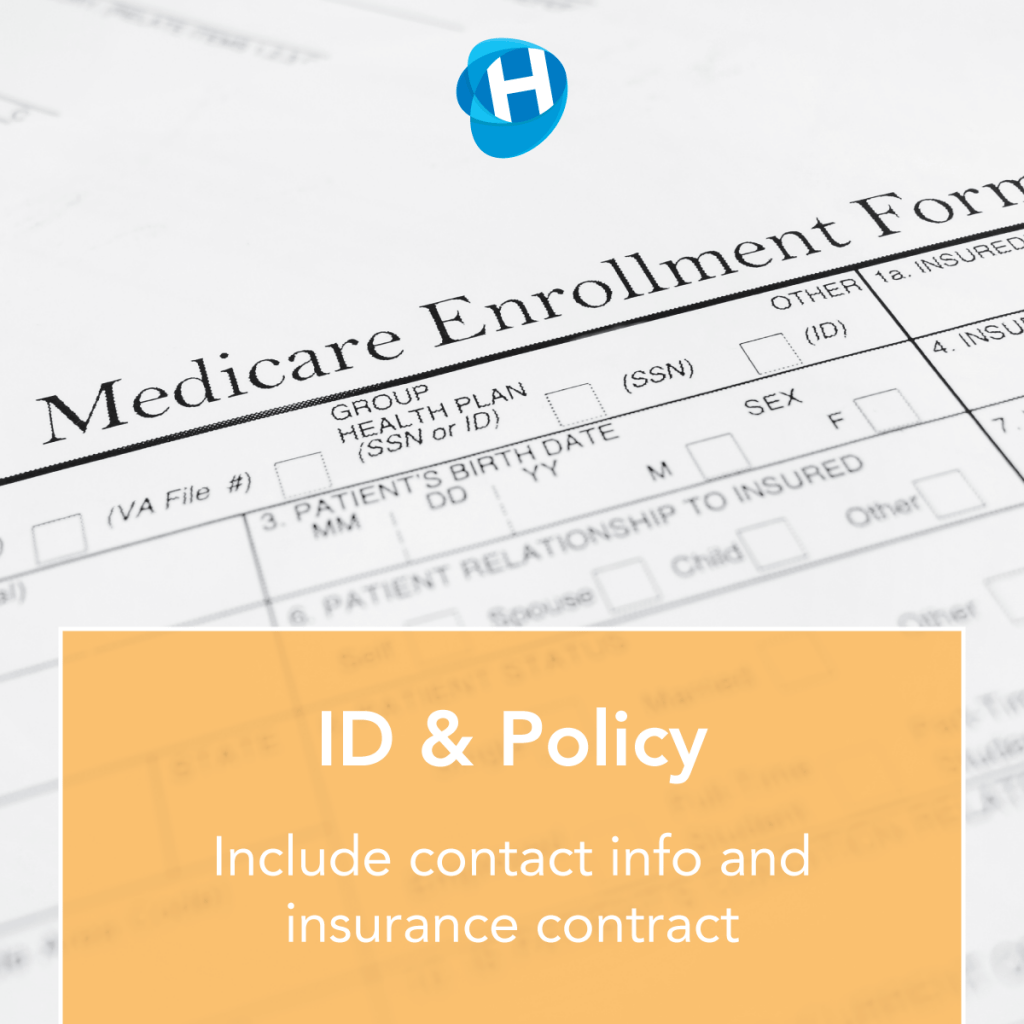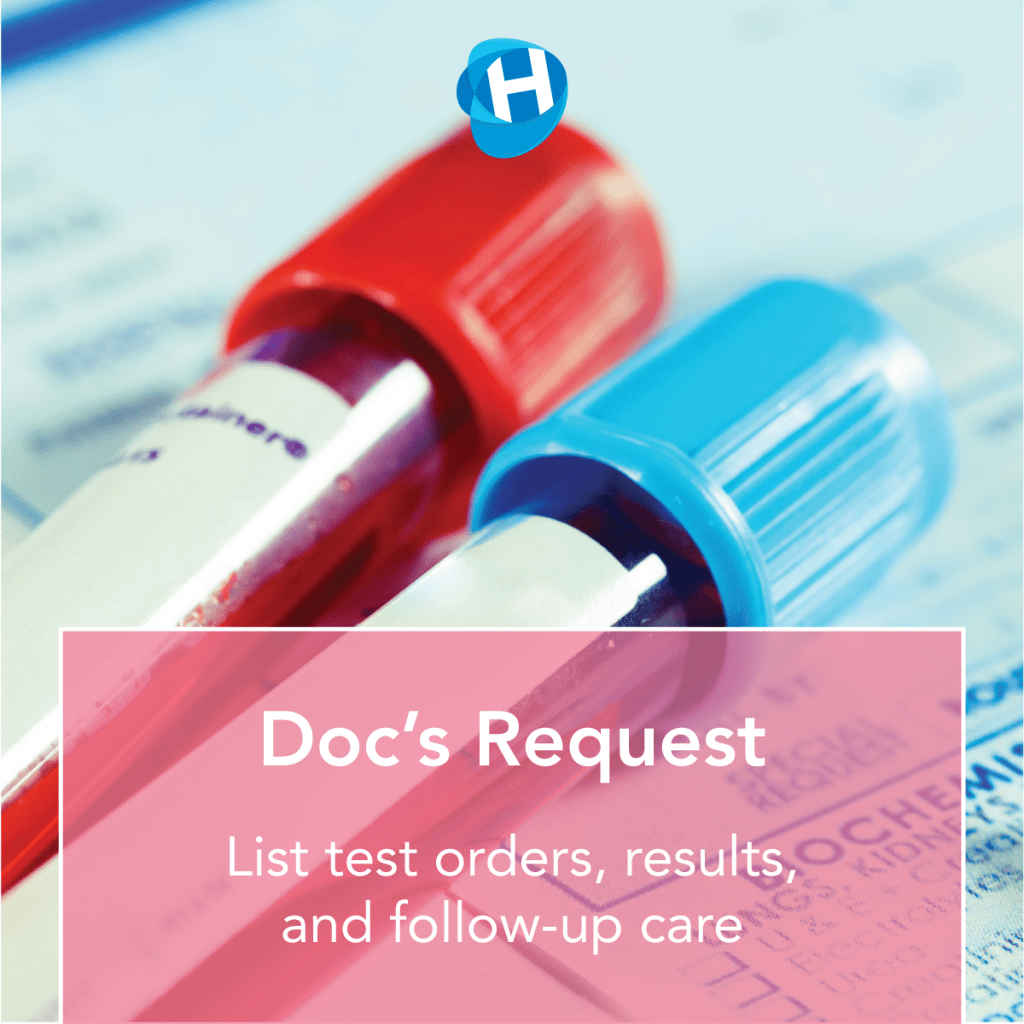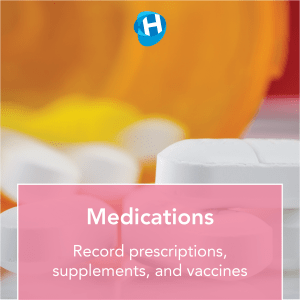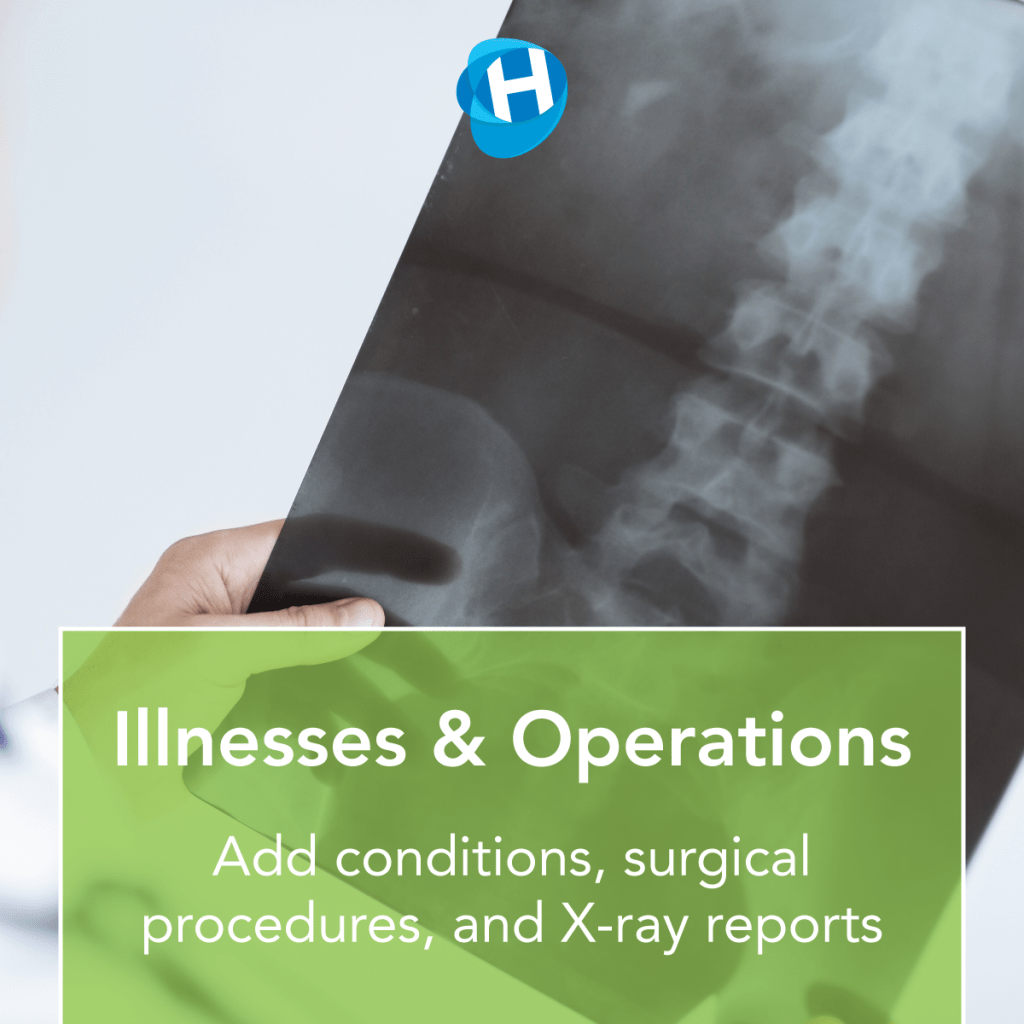A personal health record (PHR) is a tool you can use to help manage your health and track your care.
PHRs also can be important tools for parents to keep track of their children’s health. Parents who keep a PHR are more likely to adhere to the recommended wellness visits for their children within the crucial first 15 months. Kudos to these parents for starting their child’s health care off on the right foot!






PHRs save time, money, and possibly your life. Don’t have a PHR on file? It’s not too late to start, for yourself and your loved ones. If your health insurance or medical care providers change or you’re swamped with forms to fill out for school or sports participation, you’ll appreciate the convenience of a PHR to access personal records. These instructions will guide you in your search for a way to view your health information in an emergency or for everyday convenience.
You can create a PHR online, using software programs, or simply on paper. Visit Choose a PHR to explore which service best meets your needs. This list of free, web-based providers can help organize and manage your important medical information. When storing your information via the internet, a password-protected login is the key to keeping private medical information safe.
Furthermore, share your record only with those who are involved in your family’s health and well-being. For example, a person who accompanies your grandparents, children, or other relatives to doctor’s visits, administers their medications, and otherwise takes care of them should have access to their vital medical information.
Here’s a comprehensive list of what a completed PHR should include:
- ID and policy—Include your contact, primary care, and insurance information
- Illnesses and operations—Add significant conditions and surgical procedures
- Medications—Account for prescriptions, supplements, and immunizations
- Family history—Document hereditary diseases and genetic disorders
- Physical exams—Note progress and problems observed during checkups
- Consultations—Share expert opinions given by specialists
- Doctor’s request—List test orders, dietary instructions, and follow-up care
Most important, get into the habit of immediately recording new information. A PHR with outdated or missing data is of no use to you or your primary care doctor.
In addition, changes can affect the health coverage and other health benefits you are eligible for. If any of the following applies to you or someone in your care, report to your health care plan and make the necessary corrections to your PHR.
- Increase or decrease in expected yearly income
- Dropping, receiving offer, or enrolling in job-based or public insurance
- Gaining or losing family members
- Changing permanent address
- Change in status: disability, tax, immigration, or incarceration
